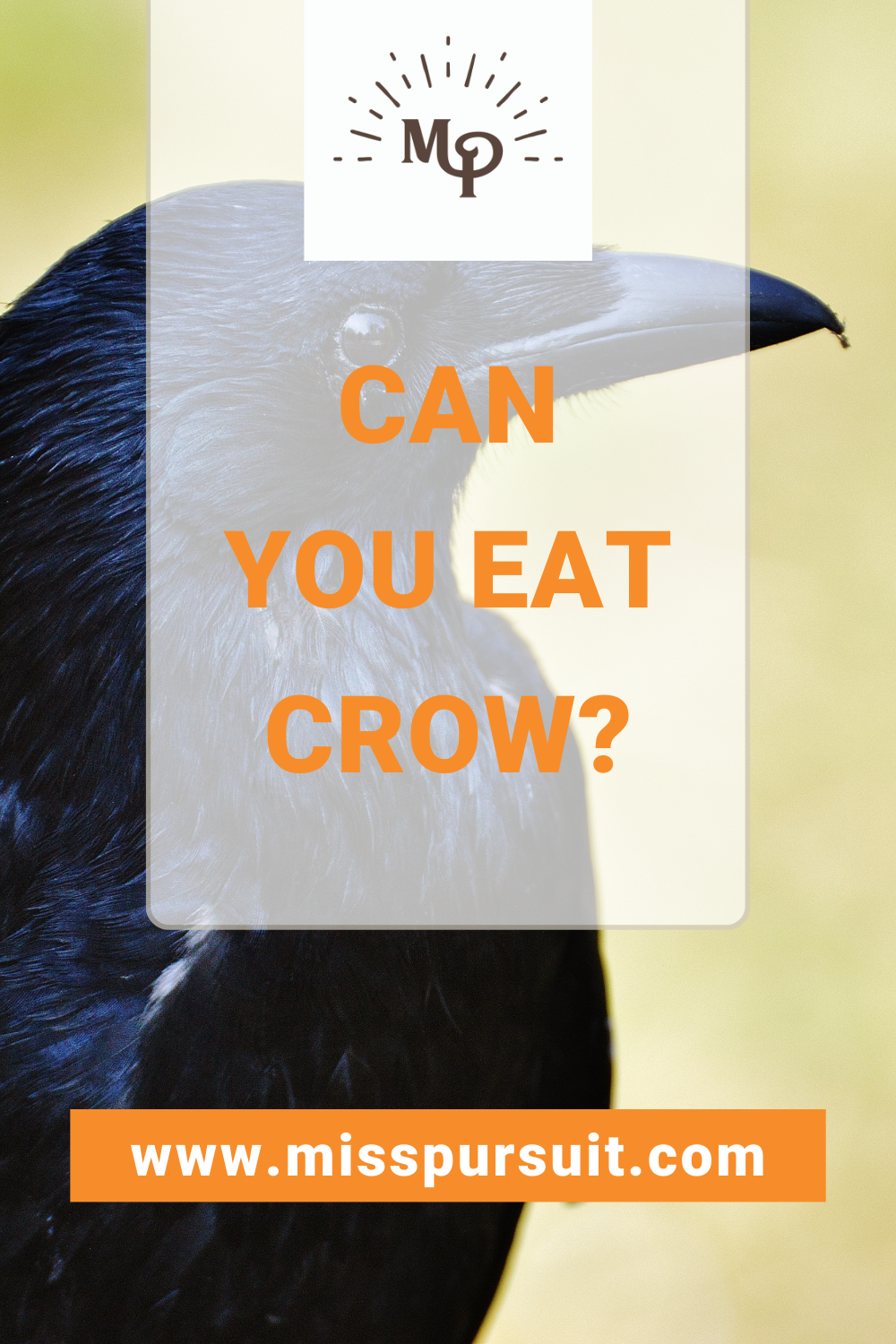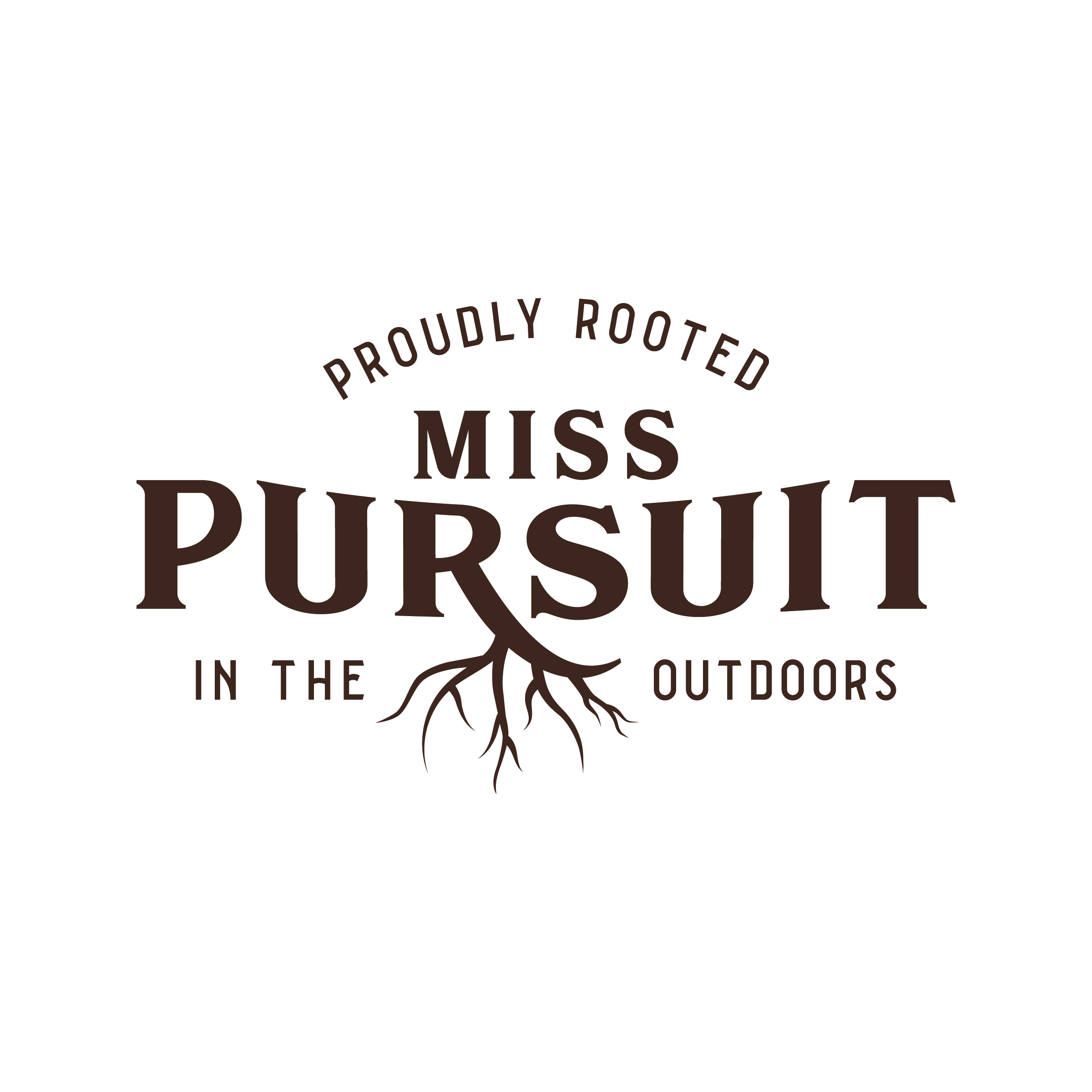Have you ever heard the phrase “eat crow”? It's often used to describe a situation where someone has to admit they were wrong or apologize for something they said or did. But can you actually eat crow? Is it edible? Is it legal?

First of all, let's talk about the crow itself. Crows are a type of bird that are found all over the world. They are known for their distinctive black feathers and loud, cawing calls. While some people might find them annoying, crows actually play an important role in many ecosystems by helping to control pests and scavenging for food.
But can you eat them? Well, technically speaking, yes, you can. Crows are not poisonous or toxic to humans, so if you were to catch one and cook it properly, it would be safe to eat. However, just because something is edible doesn't necessarily mean it's a good idea to eat it. In the case of crows, there are a few reasons why you might want to think twice before chowing down.
Culinary Exploration of Crow

Comparing Crow to Other Birds
As we explore the world of culinary delights, we cannot ignore the possibility of eating crow. Crow meat is often compared to other game birds such as duck or turkey, but it is not as tender as chicken. The meat is tough, and the protein content is not as high as beef or pork.
Preparing and Cooking Crow
To prepare crow meat, it is important to pluck the feathers and remove the internal organs. The meat can be roasted, grilled, or fried. It is often served with potatoes, carrots, and onions. The best way to cook crow is to marinate it in spices and garlic for a few hours before cooking.
Flavor Profile and Seasoning
The flavor of crow meat is often described as gamey and rich. It is important to season the meat well before cooking to enhance its flavor. Some people prefer to make crow pie, which is a traditional dish made with crow meat and a variety of vegetables.
Overall, the taste of crow meat is not for everyone. It is an acquired taste, and some people find it too strong. However, for those who enjoy game meat, crow can be a unique and flavorful addition to their culinary repertoire. If you are interested in trying crow meat, we recommend checking out some of the many crow recipes available online or consulting with a knowledgeable chef such as Scott Rea to ensure that you are cooking it properly.
Legal and Ethical Considerations
When it comes to hunting and eating crow, there are several legal and ethical considerations that we must keep in mind. In this section, we will discuss some of the important points related to hunting regulations and cultural significance.

Hunting Regulations and Seasons
In most states, hunting crows is legal and regulated. However, it is important to note that there are specific hunting seasons and bag limits that must be followed. For instance, in some states, crow hunting is only allowed during the spring season, while in others, it is permitted year-round. Additionally, bag limits may vary depending on the location and the type of hunting license you hold.
It is also worth mentioning that during the nesting season, it is illegal to hunt crows in some states. This is to protect the birds during the breeding season and ensure their survival.
Cultural Significance and Taboos
Eating crow has a long history and cultural significance in many parts of the world. In some cultures, it is considered a delicacy and a symbol of humility. However, in others, it is seen as a taboo and an act of shame.
For instance, the phrase “eat humble pie” is said to have originated from the act of eating crow. It was a way of admitting one's mistakes and apologizing for their behavior.
On the other hand, some farmers view crows as pests and may hunt them to protect their crops. However, it is important to note that indiscriminate hunting can have a negative impact on the ecosystem and disrupt the natural balance.
In conclusion, while hunting and eating crow is legal in most states, it is important to follow the regulations and bag limits. Moreover, we must also respect the cultural significance and taboos associated with this practice. By doing so, we can ensure that we are being ethical and responsible hunters.
Health and Safety Concerns
When it comes to consuming crow meat, there are several health and safety concerns that we need to be aware of. In this section, we'll discuss some of the potential diseases that can be contracted from crows and the importance of meat preparation safety.
Potential Diseases from Crows
Crows are scavengers, which means they eat a wide variety of foods, including carrion and garbage. This makes them more susceptible to carrying diseases that can be harmful to humans. Some of the potential diseases that can be contracted from crows include histoplasmosis, cryptococcosis, salmonellosis, E. coli, and West Nile virus.
Histoplasmosis is a fungal infection that can be contracted by inhaling spores from bird droppings. Cryptococcosis is a fungal infection that can be contracted by inhaling spores from bird droppings or by handling contaminated soil. Salmonellosis and E. coli are bacterial infections that can be contracted by consuming contaminated meat. West Nile virus is a viral infection that can be contracted from the bite of an infected mosquito that has fed on an infected bird.
Meat Preparation Safety
When it comes to preparing crow meat, it's important to follow proper meat safety guidelines. This includes wearing gloves when handling raw meat, washing hands and surfaces thoroughly, and cooking the meat to the appropriate temperature.
It's also important to note that consuming wild meat, such as crow, comes with inherent risks. Unlike commercially raised meat, wild meat is not regulated and can be exposed to a variety of contaminants. Therefore, it's important to exercise caution when consuming wild meat and to ensure that it has been properly prepared and cooked to reduce the risk of illness.
In conclusion, while crow meat is technically edible, there are several health and safety concerns that need to be taken into consideration. By following proper meat safety guidelines and exercising caution when consuming wild meat, we can reduce the risk of contracting potentially harmful diseases.
Frequently Asked Questions
Why aren't crows considered edible?
Crows are not commonly consumed because they are scavengers and may carry diseases or parasites that can be harmful to humans. Additionally, they are not traditionally raised for food and are not considered a desirable source of meat.
What's the deal with crow hunting?
Crow hunting is legal in many areas, but it is primarily done for pest control rather than for food. Crows can cause damage to crops and other wildlife, so hunting is often used as a means of population control.
Is there a proper way to cook crow if you want to?
While it is possible to cook crow, it is not recommended due to the potential health risks. If you were determined to try, it would be important to thoroughly clean and cook the bird to reduce the risk of disease or infection.
Are crows and ravens different when it comes to eating them?
Crows and ravens are similar in many ways, but there are some differences when it comes to eating them. Ravens are larger and may be more desirable as a food source, but both birds are generally not consumed due to health concerns.
Do people believe eating crow has a spiritual significance?
There are some cultures that believe eating crow has spiritual significance, but this is not a widely-held belief. In some cases, eating crow may be seen as a form of punishment or penance.
What's the origin of the phrase ‘eat crow'?
The phrase ‘eat crow' is believed to have originated in the United States in the 19th century. It is thought to have been used as a way of describing a humiliating or embarrassing situation, in which a person is forced to admit that they were wrong.
